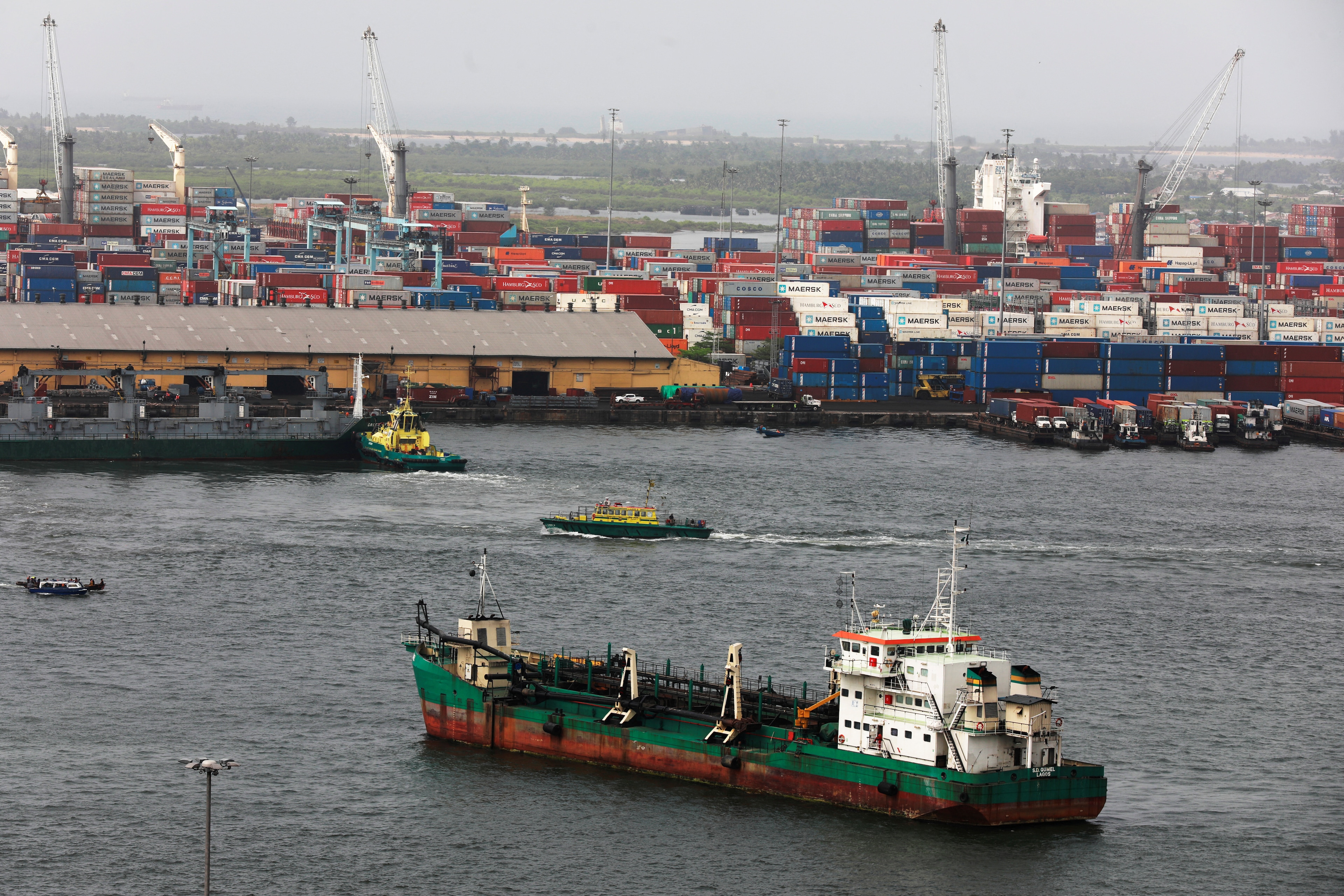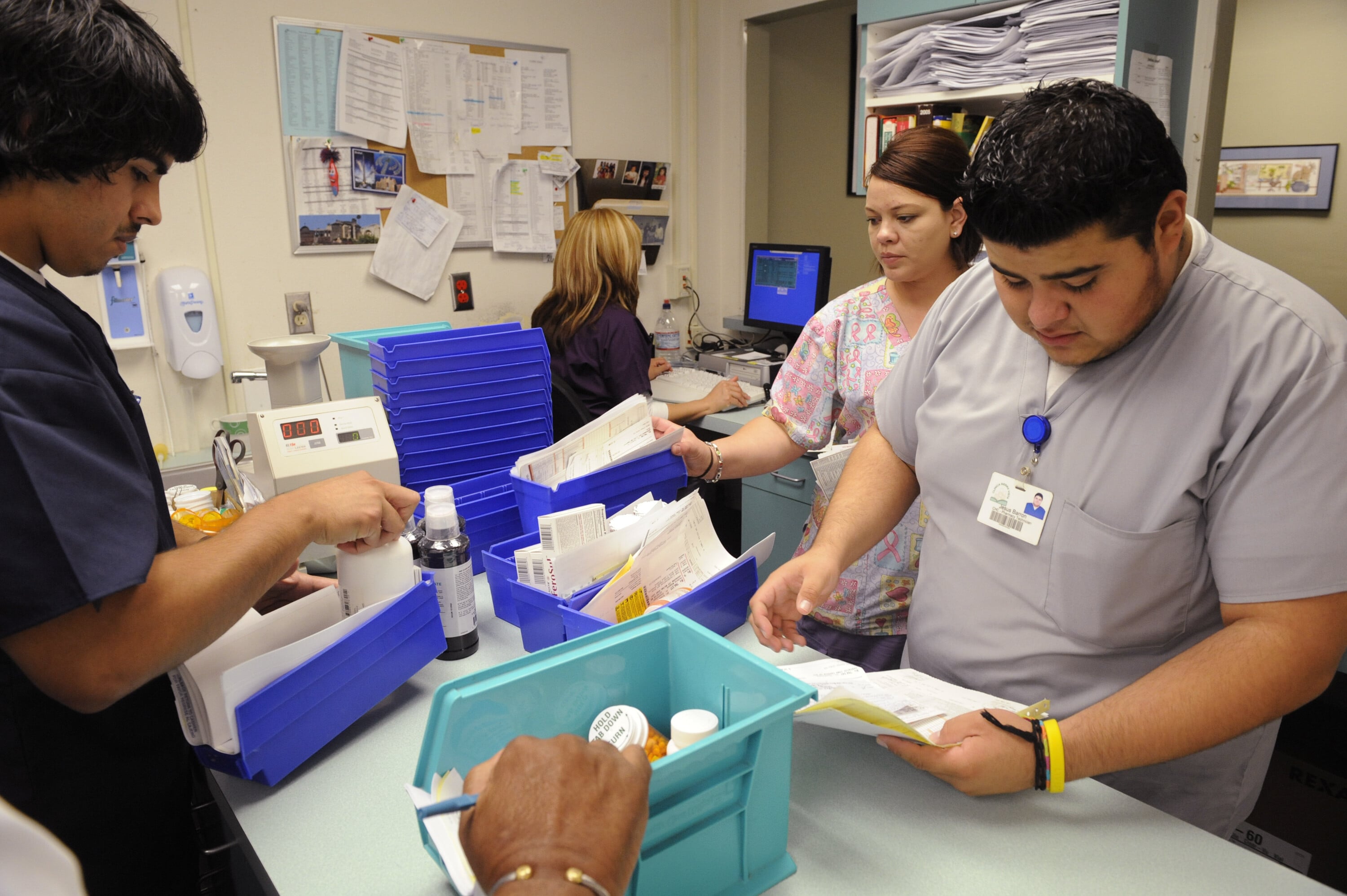7 entrepreneurs share their solutions for climate action

Image: Markus Spiske/Unsplash
Listen to the article
- As world leaders meet in COP26, we asked tech pioneers their solutions for climate action.
- Their ideas leverage technology to address issues in industries including healthcare, transportation and regulation.
In August 2021, the Intergovernmental Panel on Climate Change (IPCC) released a sixth assessment report on climate change laying out details on how the Earth will confront dire consequences if no collective, immediate and strong actions on climate are taken. Recent floods in parts of Germany and Canada, and record temperatures in the US is a reminder of this "code red situation." We must act collectively with a sense of urgency.
Ahead of the COP26 meeting in Glasgow, we asked entrepreneurs from the World Economic Forum’s Technology Pioneers to share their solutions to fighting climate change. Coming from different sectors including agriculture, healthcare, real estate and transportation, they provide creative and innovative solutions to overcome the challenge.
Accept our marketing cookies to access this content.
These cookies are currently disabled in your browser.
Create a sustainable meat sector
Didier Toubia, Co-Founder and CEO, Aleph Farms
To transition the meat sector, we must combine sustainable methods of agriculture, incorporated with incremental innovation, supported by transformational innovation, such as cultivated meat, all while supported by local regulation and policies.
No single approach can accomplish a resilient, sustainable meat ecosystem.
”Aleph Farms grows steaks directly from non-genetically engineered animal cells. By growing meat directly from its building blocks, the cells, Aleph Farms produces meat independent of climate change and availability of local natural resources. With the potential to reduce greenhouse gas emissions of meat production by 92%, water by 78% and land use by 95% (when compared to intensive livestock agriculture), cultivated meat enables food systems to minimize their environmental footprint and become more resilient to shocks. Additionally, Aleph Farms is committed to achieving carbon neutrality within our operations by 2025 and within our entire supply chain by 2030.
No single approach can accomplish a resilient, sustainable meat ecosystem. It will require an integrated and inclusive approach, one that combines a series of solutions from all stakeholders in the value chain.
Improve healthcare using data and analytics
Chrissa McFarlane, Founder and CEO, Patientory
Climate change has been a topic of concern for a long time, and there is no doubt that it is still one of the greatest challenges. The impacts of climate change on humans and their health are becoming increasingly hard to ignore, as we can see that extreme weather events are causing more and more disruption in people’s lives and businesses.
Not only that, it is also increasing chronic health conditions like asthma, expanding the range of infectious diseases and severely affecting mental health. Currently, there are 153 million chronically ill Americans, and of this, 60% are adults and 40% have two or more chronic conditions. Both patients and providers still face challenges managing health data on a daily basis. The lack of data access, interoperability and personalization has resulted in an increase in chronic illness, data breaches and decrease in patient satisfaction and quality of care.
So, being a population health data management and analytics company, my team and I are working towards improving the health of people through our decentralized application. Our consumer app helps people track their health and encourages them to stay healthy and fit.
Build sustainable buildings
Natalia Karayaneva, CEO, Propy
When you buy or sell a property, you know the exchange process is arduous. It involves third parties who shuffle lots of paperwork through the mail and it takes weeks to complete.
With Propy, you can use our transaction platform to buy properties quickly, tackling deforestation and eliminating the need to travel. Remote work is the standard policy, thus daily commute is minimal and air pollution is decreased.
In addition, a lot of people are not aware that 60% of the C2O is because of buildings. One of Propy’s first features was a sustainability score for each property, so this is one of our core values. We have always been cautious of the environment and climate change. On a personal level, I am driving an electric car, have minimized personal and business travel in my attempts to stop climate change and reduce air pollution too.
Reduce emissions in transportation
Amos Haggiag, CEO and Co-Founder, Optibus
The transportation sector contributes to 29% of global greenhouse gas emissions. Personal vehicles alone produced about three billion metric tons of carbon dioxide emissions worldwide in 2020. Reducing vehicle emissions by changing how people travel is key to fighting climate change. Yet in many cities, the alternative to personal cars - public transportation - is neither efficient nor accessible enough to convince drivers to part with their vehicles.
To change the narrative, Optibus gives public transportation providers the digital, data-driven tools needed to provide more efficient, convenient services that meet passenger demand, reach more communities, and increase ridership.
But convincing more people to use public transportation is only half of the equation. To fight climate change, transportation operations themselves must become greener. By increasing efficiency, Optibus reduces the number of buses needed to run services, eliminating 100,000 tons of CO2 emissions from the sector in the past year while still increasing service quality, and our EV management software facilitates the transition to 100% electric, zero-emissions bus fleets that meet the call for completely electric bus fleets within the next two decades.
Take a more preventative approach to healthcare
Daniel Nathrath, Founder and CEO, Ada Health
The healthcare industry has a significant carbon footprint and is responsible for 4-5% of global greenhouse gas emissions. Whether through electricity for healthcare facilities, fuel for ambulances and medical transportation, proper disposal of medications, water waste and more, it’s easy to see all the ways in which the sector is contributing toward climate change. Cutting down emissions as a society will only be successful if each industry contributes in a meaningful way.
If we take a more preventative approach to healthcare, we can prevent sickness and reduce disease.
”So, if we take a more preventative approach to healthcare, we can prevent sickness and reduce disease, improving efficiencies across healthcare and ultimately reducing time spent in hospitals, wasted journeys, and all the associated carbon emissions along with other environmental pollution.
By providing individuals around the world with a personal operating system for health, Ada is working towards this goal, empowering individuals to take a proactive, preventative approach to managing their personal health. We’re also committed to partnering with leading healthcare organizations to improve efficiencies across the healthcare journey, acting as a "digital front door" to health and navigating users to the right care at the right time, which helps to cut both costs and emissions across the board.
Meet sustainability regulatory requirements
Rebeca Minguela, Founder and CEO, Clarity AI
With 17% of the world’s current financial assets at risk and an opportunity for investors to capitalize on the transition to a low-carbon economy, climate finance is here to stay. However, companies are still not disclosing enough data, with less than 20% of listed companies worldwide reporting CO2 emissions. Clearly, there are still methodology discrepancies across taxonomies and regions, and scalability and speed are critical.
Clarity AI brings leverages big data and machine learning to help manage the key sustainability and impact needs of investors’ portfolios, including sustainability regulatory requirements. Our climate solutions give investors tools to scalably assess portfolios around main frameworks.
Make faster, more informed decisions
Sara Menker, Founder and CEO, Gro Intelligence
Sustainability and ESG management will be increasingly required by regulators and shareholders, but few countries and companies have in-house teams and resources that can expand to meet the pace of change. Gro Intelligence works with organizations on their sustainability goals - providing the live, global, interconnected data and applications to make faster, more informed decisions.
Gro Intelligence marries deep domain expertise with the latest advances in artificial intelligence and computing to scale solutions for risk mitigation and management in a changing climate. Our platform allows companies, governments and organizations of all sizes to see the big picture and then to act on the small details.
More on Climate ActionSee all
Swathi Seshadri
September 19, 2025
Keith Svendsen
September 18, 2025
Eric White and Patrick Verkooijen
September 18, 2025
Eric White and Elia Tziambazis
September 18, 2025





